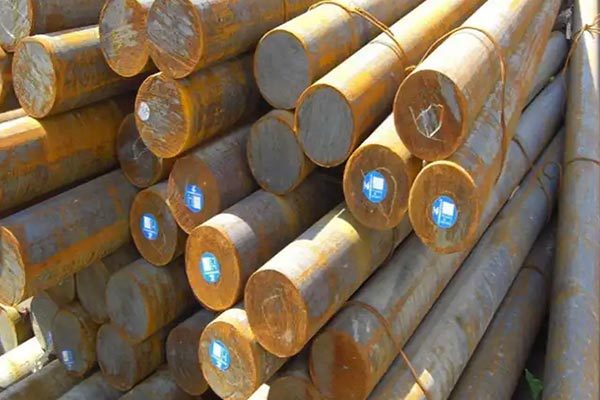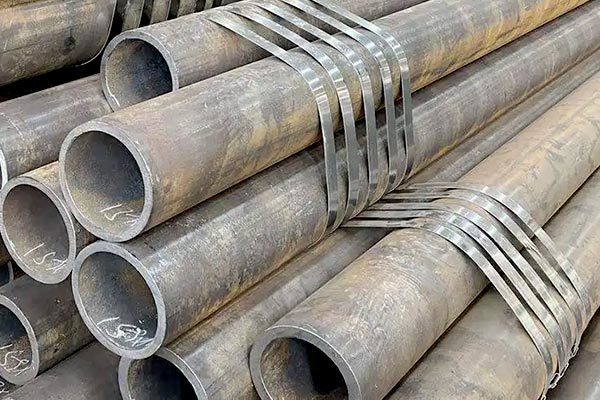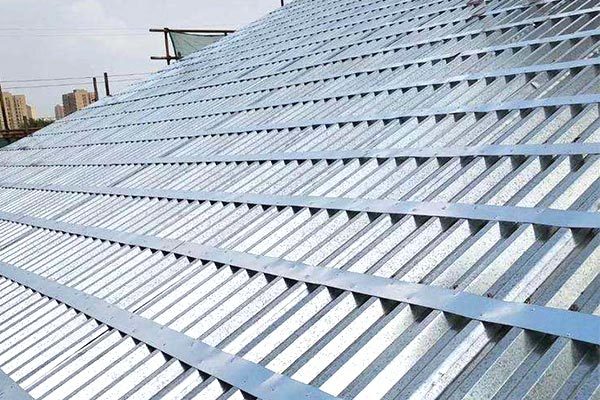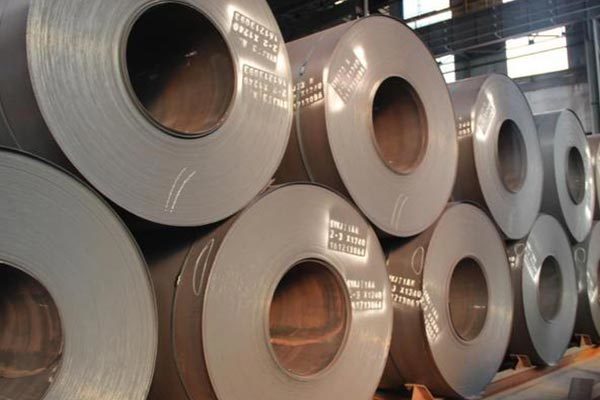Aluminum pipes are a versatile and durable material that is commonly used in a wide range of applications.
Time:
Jun 25,2024
Aluminum pipes are a versatile and durable material that is commonly used in a wide range of applications. From plumbing and irrigation systems to construction and automotive industries, aluminum pipes are valued for their lightweight yet strong properties. In this article, we will explore the characteristics, uses, and benefits of aluminum pipes.
Characteristics of Aluminum Pipes
Aluminum pipes are made from aluminum alloys, which are known for their excellent strength-to-weight ratio. This makes aluminum pipes lightweight while still being strong and durable enough to withstand various environmental conditions. Aluminum pipes are also resistant to corrosion, which allows them to be used in outdoor applications without deteriorating over time. Additionally, aluminum is a highly conductive material, making aluminum pipes suitable for heat transfer applications.
Aluminum pipes can be manufactured in a wide range of shapes and sizes to meet specific application requirements. They are typically extruded or welded to create seamless or seamed pipes with different wall thicknesses. Aluminum pipes can also be anodized or coated with protective finishes to enhance their appearance and performance.
Uses of Aluminum Pipes
Aluminum pipes have a variety of uses across different industries, thanks to their versatility and durability. Some common applications of aluminum pipes include:
1. Plumbing and irrigation systems: Aluminum pipes are commonly used in plumbing and irrigation systems due to their corrosion resistance and lightweight properties. They are easy to install and provide reliable water flow for residential, commercial, and agricultural applications.
2. Construction industry: Aluminum pipes are popular in the construction industry for structural support, scaffolding, and HVAC (heating, ventilation, and air conditioning) systems. They are often used in building facades, curtain walls, and interior designs due to their aesthetic appeal and durability.
3. Automotive industry: Aluminum pipes are used in automotive applications for exhaust systems, radiator tubes, and air intake systems. They help reduce vehicle weight, improve fuel efficiency, and enhance performance.
4. Aerospace industry: Aluminum pipes are widely used in the aerospace industry for aircraft structures, hydraulic systems, and fuel lines. They help reduce aircraft weight, increase fuel efficiency, and withstand high pressure and temperature conditions.
Benefits of Aluminum Pipes
There are several benefits to using aluminum pipes in various applications, including:
1. Lightweight: Aluminum pipes are significantly lighter than steel or copper pipes, making them easier to handle, transport, and install. This can help reduce labor costs and improve overall efficiency.
2. Corrosion resistance: Aluminum pipes have a natural oxide layer that protects them from corrosion, making them suitable for outdoor and harsh environments. This extends the lifespan of aluminum pipes and reduces maintenance costs.
3. Good thermal conductivity: Aluminum pipes have excellent thermal conductivity, allowing them to transfer heat efficiently. This makes them ideal for heating and cooling systems, as well as other thermal applications.
4. Sustainable: Aluminum is a recyclable material that can be reused multiple times without losing its properties. Using aluminum pipes in construction and other industries can help reduce environmental impact and promote sustainability.
In conclusion, aluminum pipes are a versatile and durable material that offers numerous benefits for various applications. Whether in plumbing, construction, automotive, or aerospace industries, aluminum pipes provide lightweight, corrosion-resistant, and efficient solutions for different needs. With their excellent strength-to-weight ratio and recyclable properties, aluminum pipes are a sustainable choice for modern industries.
RELATED NEWS








